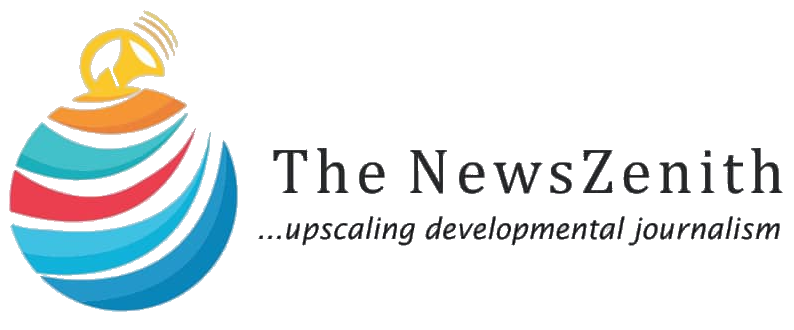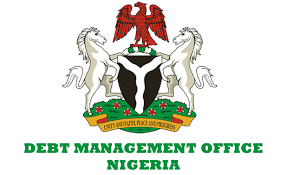By Our Correspondent
The Director-General of the Debt Management Office, Ms Patience Oniha, says Nigeria’s public debt stock is growing out of sustainability.
She said that Nigeria was now facing the risk of being unable to sustain its rising public debt stock.
Nigeria’s public debt stock, both external and internal, stood at N42. 84 trillion ($103. 31 billion) as of June 30.
She said it was important that the public debt be kept sustainable and advised the federal government to keep the debt stock within a manageable limit.
Oniha warned that while Nigeria’s loans might still be within the acceptable range of the country’s economic size, her ability to meet the debt obligations sustainably is now under threat.
Oniha said beyond keeping within the debt-to-GDP ratio, it is important that the public debt is sustainable and the government is able to service its debt without the risk of distress.
Read Related News:
Nigeria has been using more than three-quarters of its revenues to service debts.
Debt-service to total revenue ratio stood at 61.3 per cent in 2020, rising to 90.9 per cent in 2021 and currently stands at 84.5 per cent.
Debt-service-to-total revenue was about 32.7 per cent in 2015.
“Nigeria’s public debt stock has grown consistently over the past decades and even faster in recent years.
Consequently, debt service has continued to grow,” she said.
She said the debt service-to-revenue ratio was too high and that dependence on borrowing under a low revenue base “is now threatening debt sustainability”.
Oniha said that Nigeria’s low revenue base compounded by its dependence on crude oil had resulted in budget deficits over the past decades.
This, she said, is putting pressure on the country’s debt sustainability.
“The outlook shows that both the local and international markets are becoming tighter and interest rates are rising.
“Thus, priority should be less on borrowing and more on revenues from oil and non-oil sources,” she said.
Although efforts at increasing non-oil revenue are yielding results, urgent actions are required to moderate level of new borrowings.
Also Read:
Nigeria’ll earn N18bn from grain silos concession – Minister
She said that the government must ensure that the public debt is sustainable.
“The government should, as a matter of urgency, rationalise expenditure and accelerate the growth in revenues.
“This must include the implementation of strategic actions to boost tax administration and efficiency.”
It’s unacceptable that Nigeria has lowest revenue-to-GDP ratio among countries sampled by the World Bank, she said.
She noted that efficient tax administration would ensure greater compliance with remittances devoid of evasions in the system.
Most countries emphasise more on taxation as a source of government funding while this is not so in Nigeria, she noted.
Oniha advised that government should tie borrowings to projects.
On the other hand, she said that some projects should generate commensurate revenues to service loans used to finance them.
She called for the sale of government assets to unlock funding.
Physical assets such as idle or underutilised properties, she said, should be commercialised to generate revenue.
Do you have a flair for Citizenship Journalism? Share story(ies) of happenings in your area with The NewsZenith on WhatsApp: 08033668669 or thenewszenith@gmail.com


2 Comments